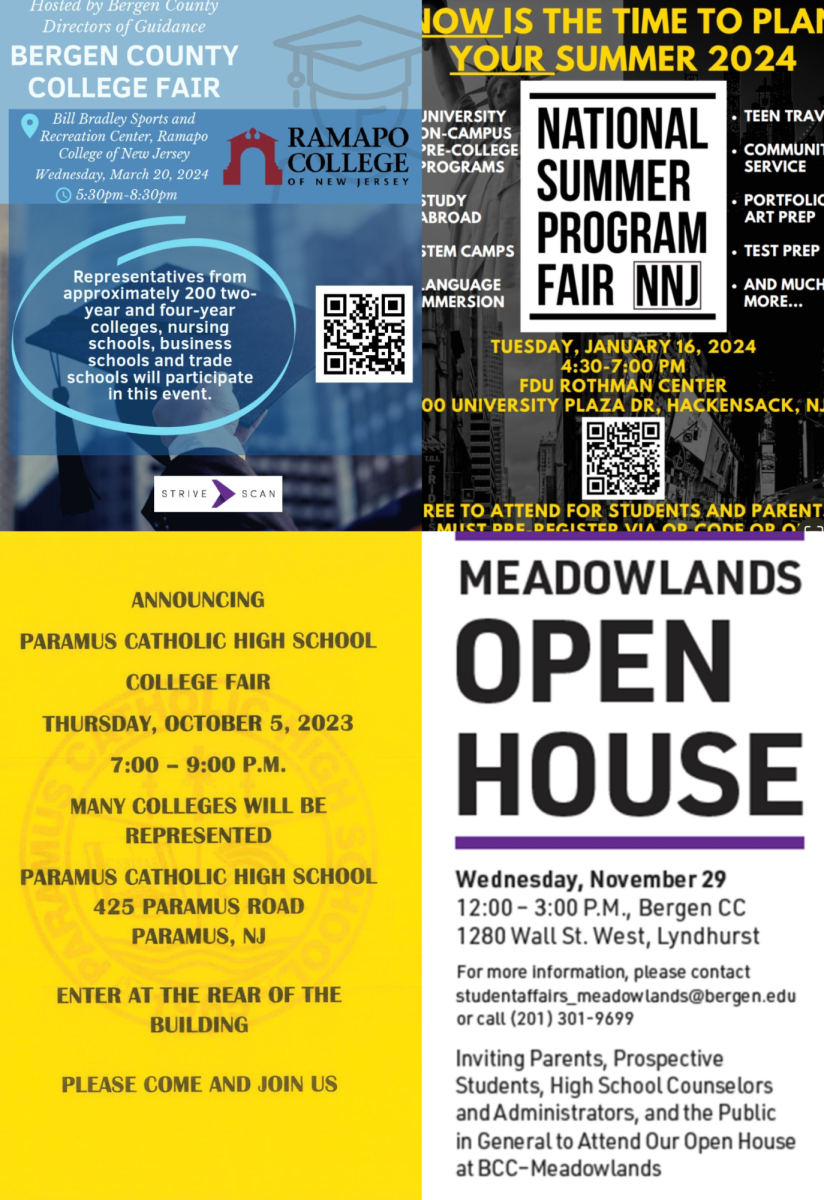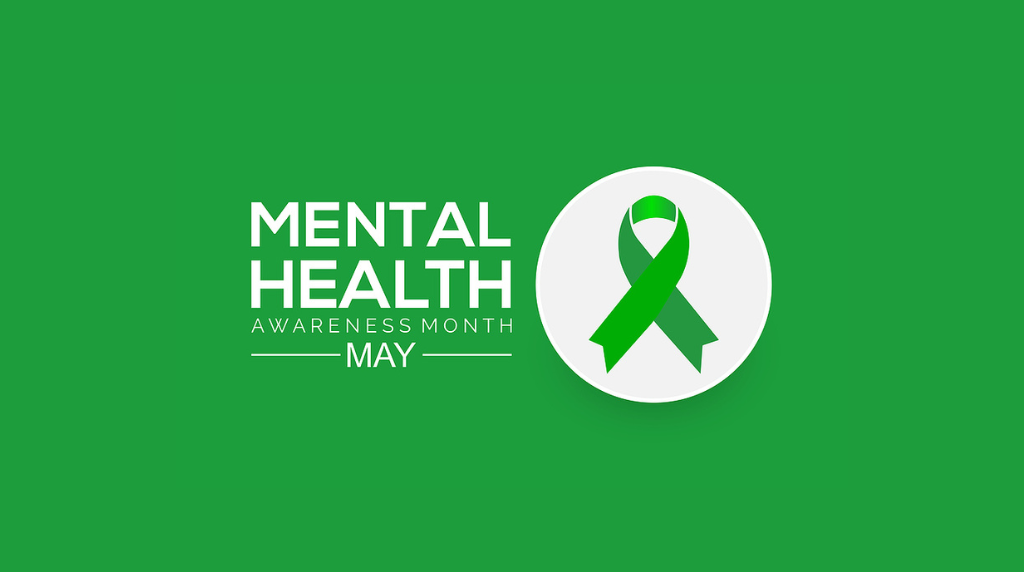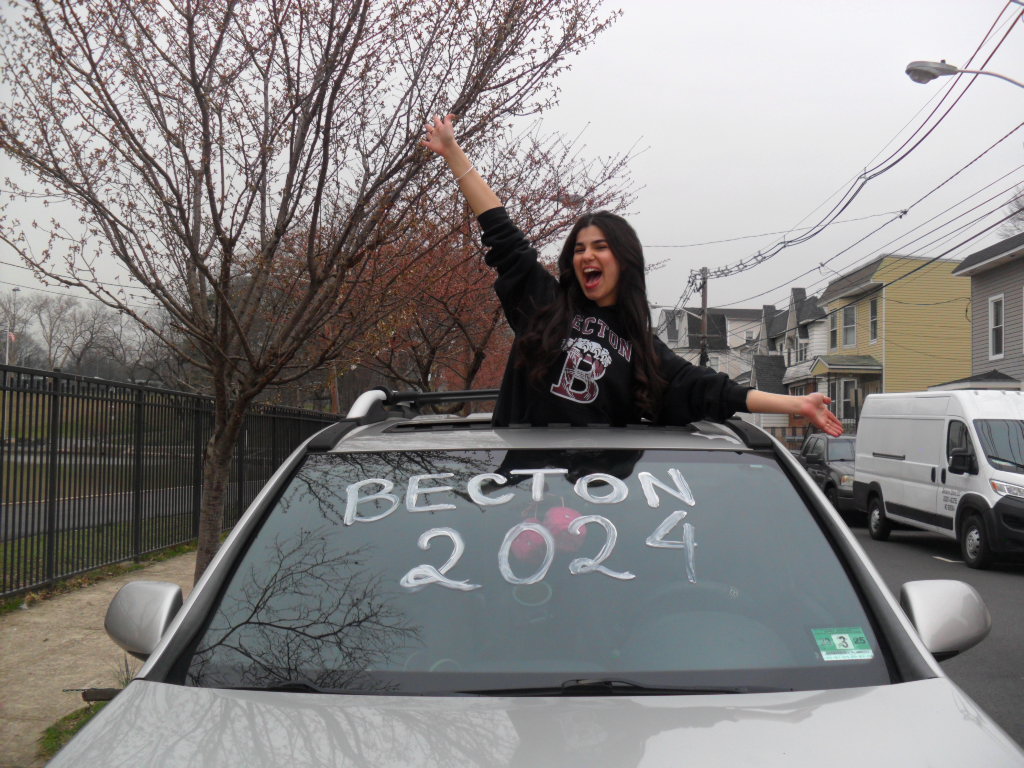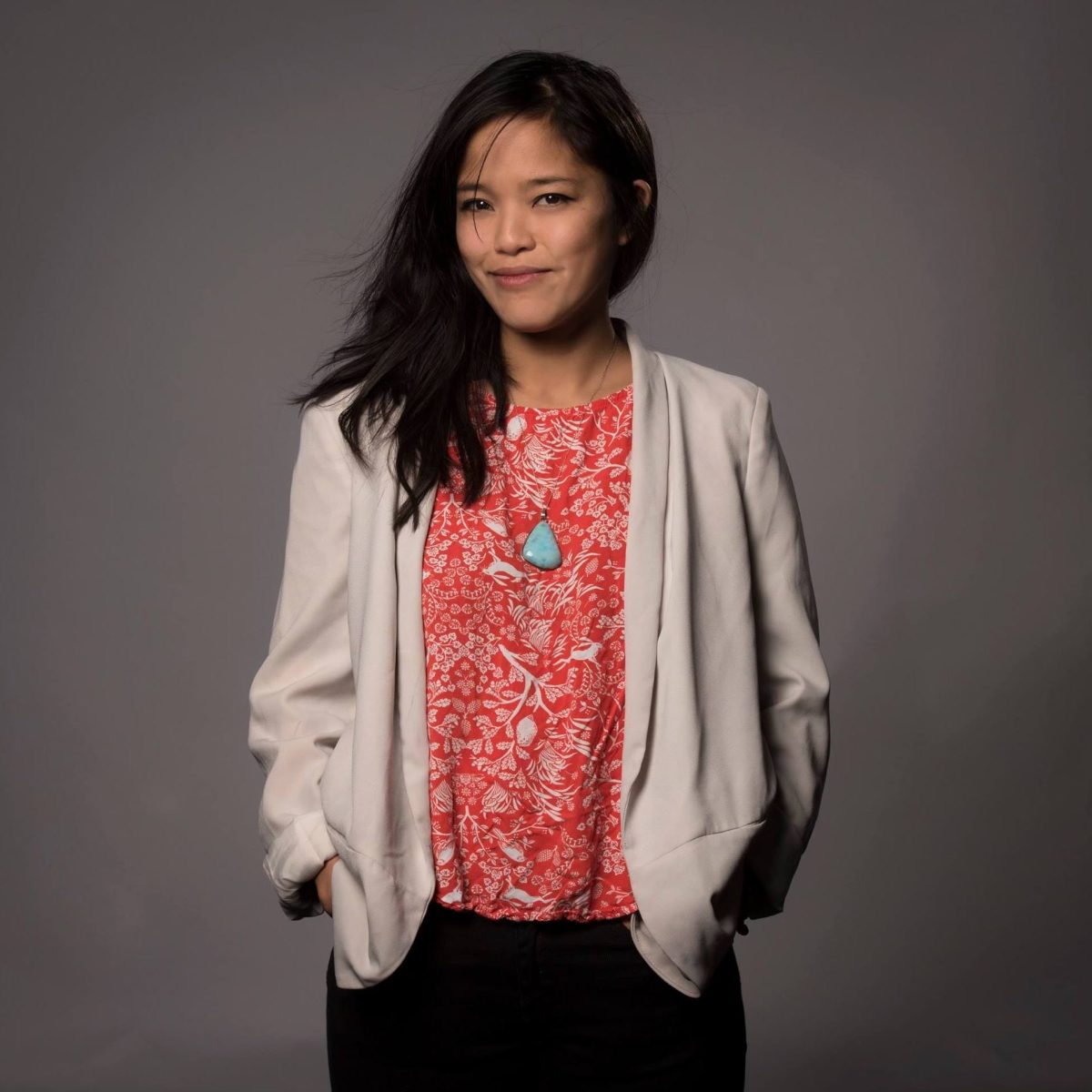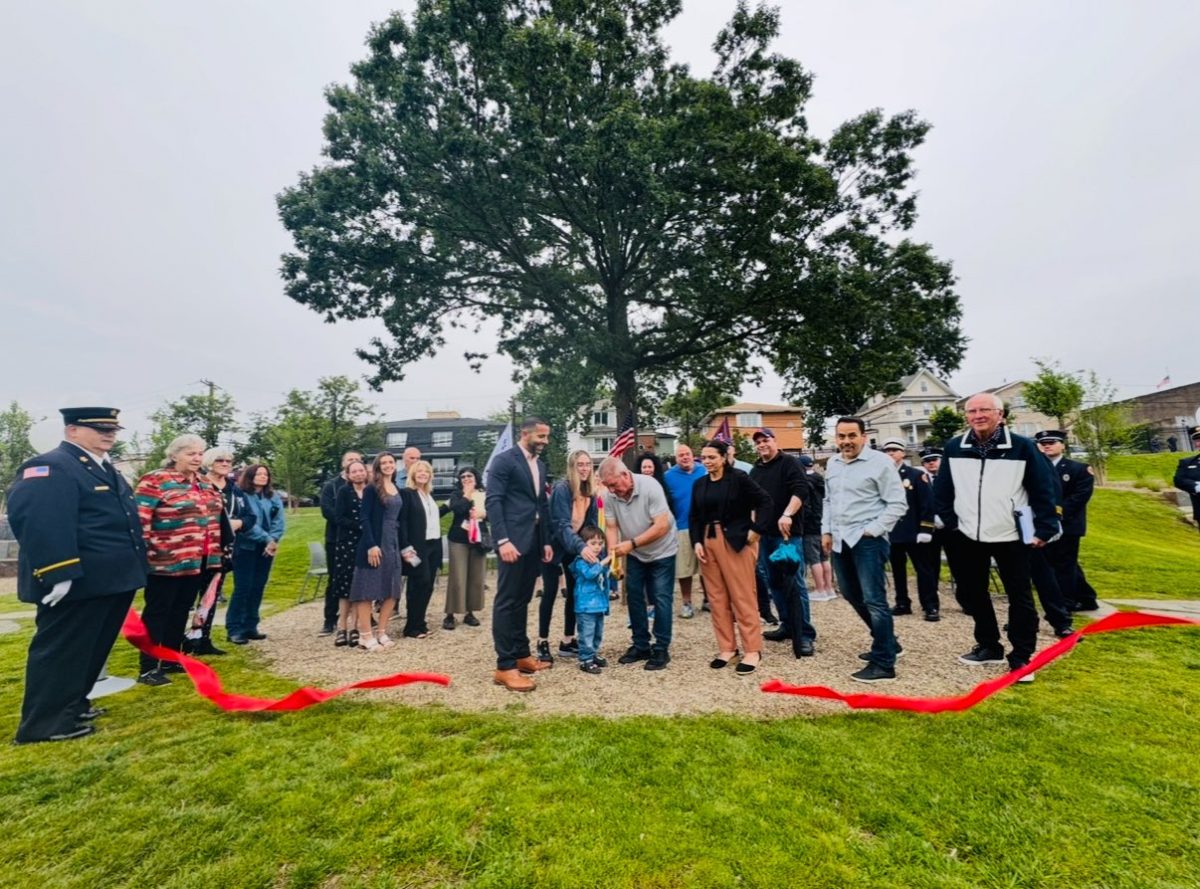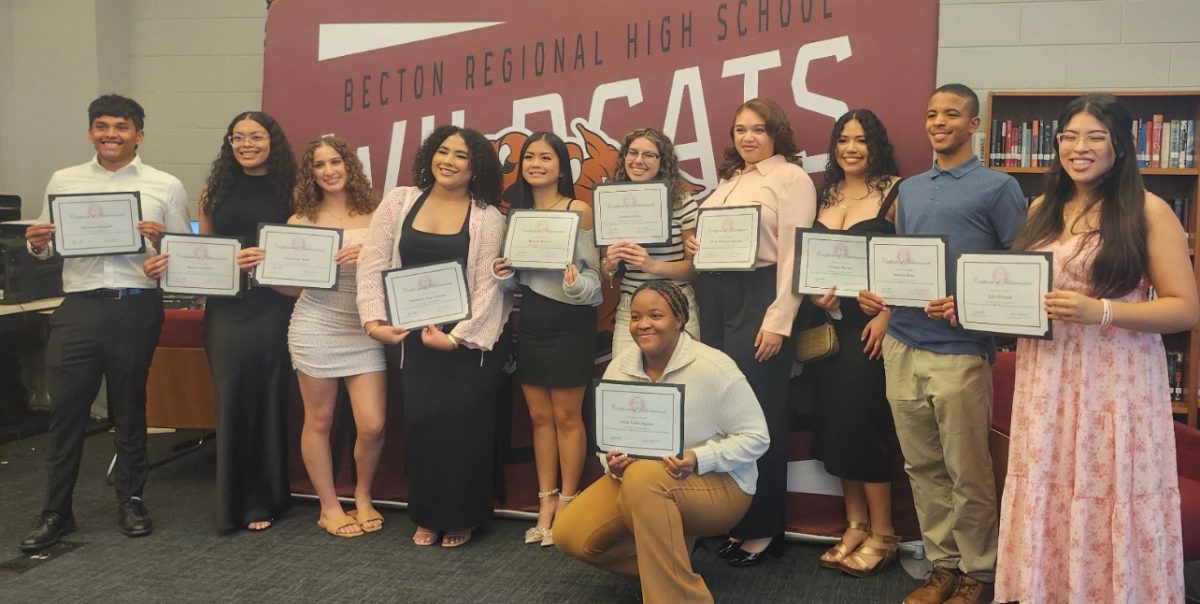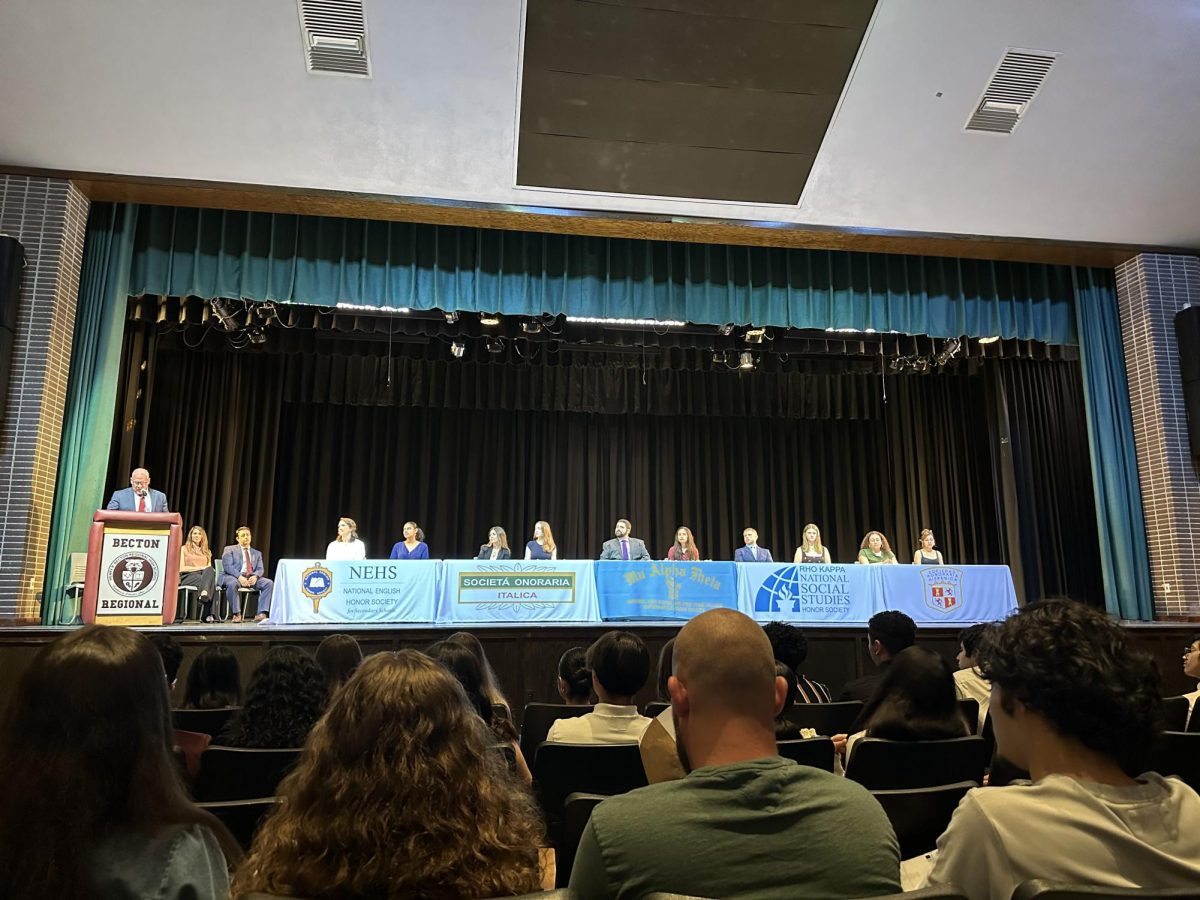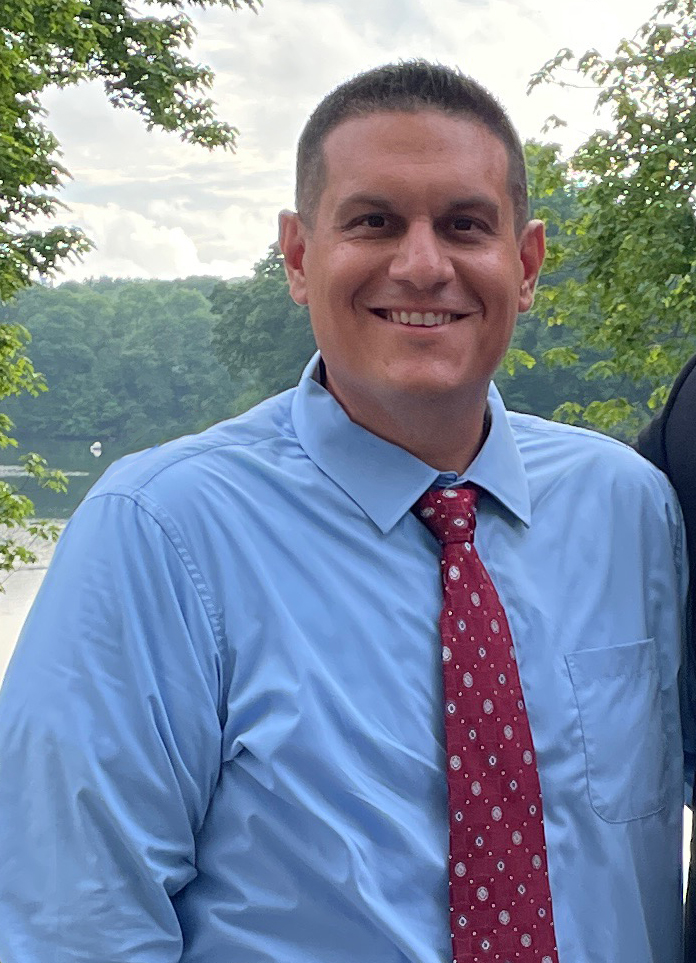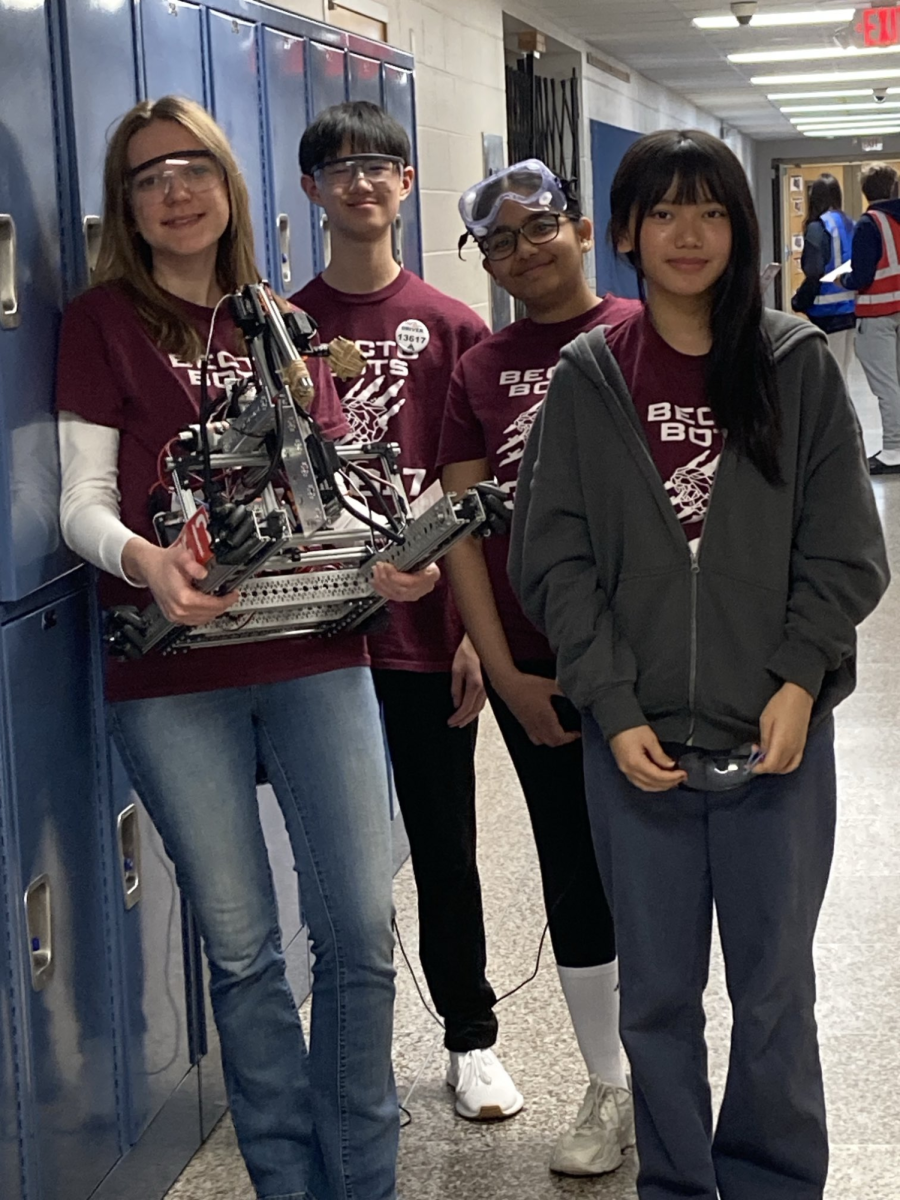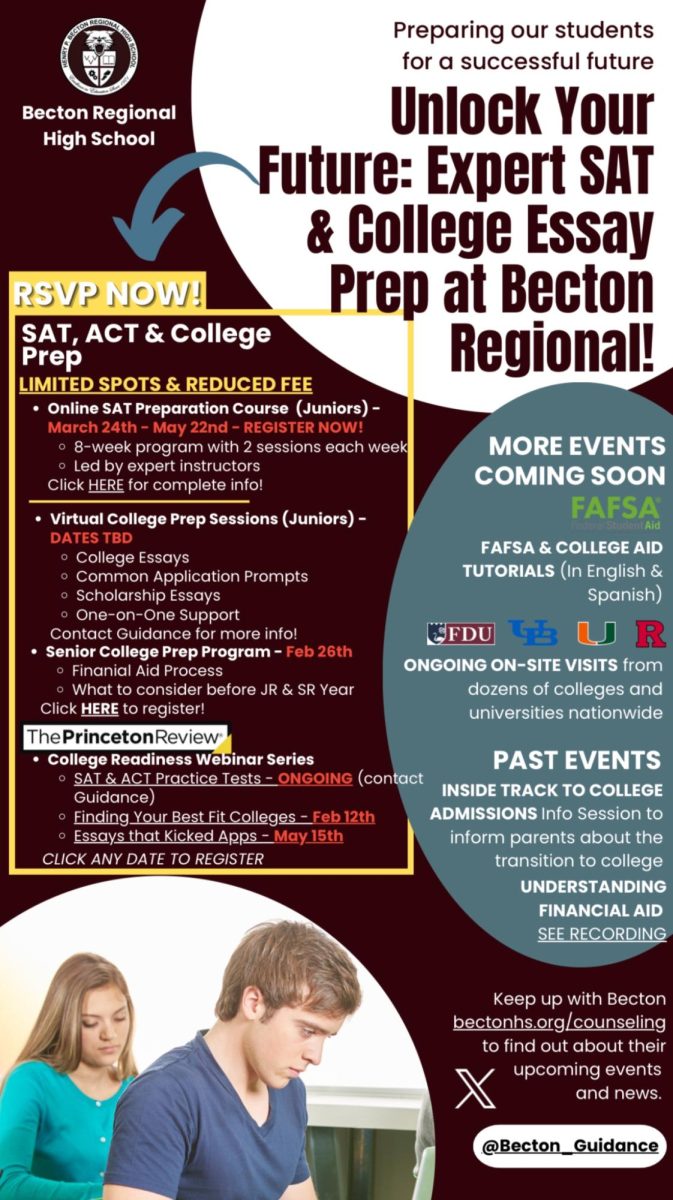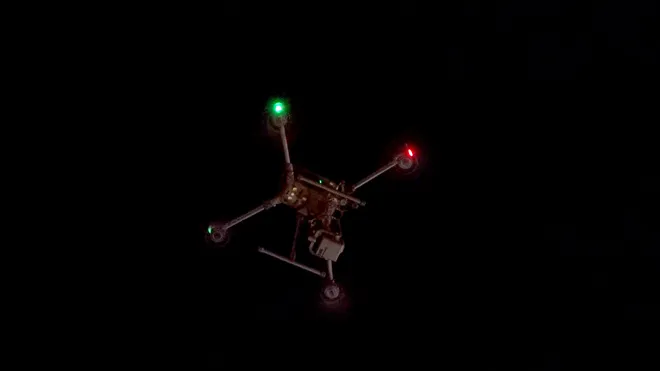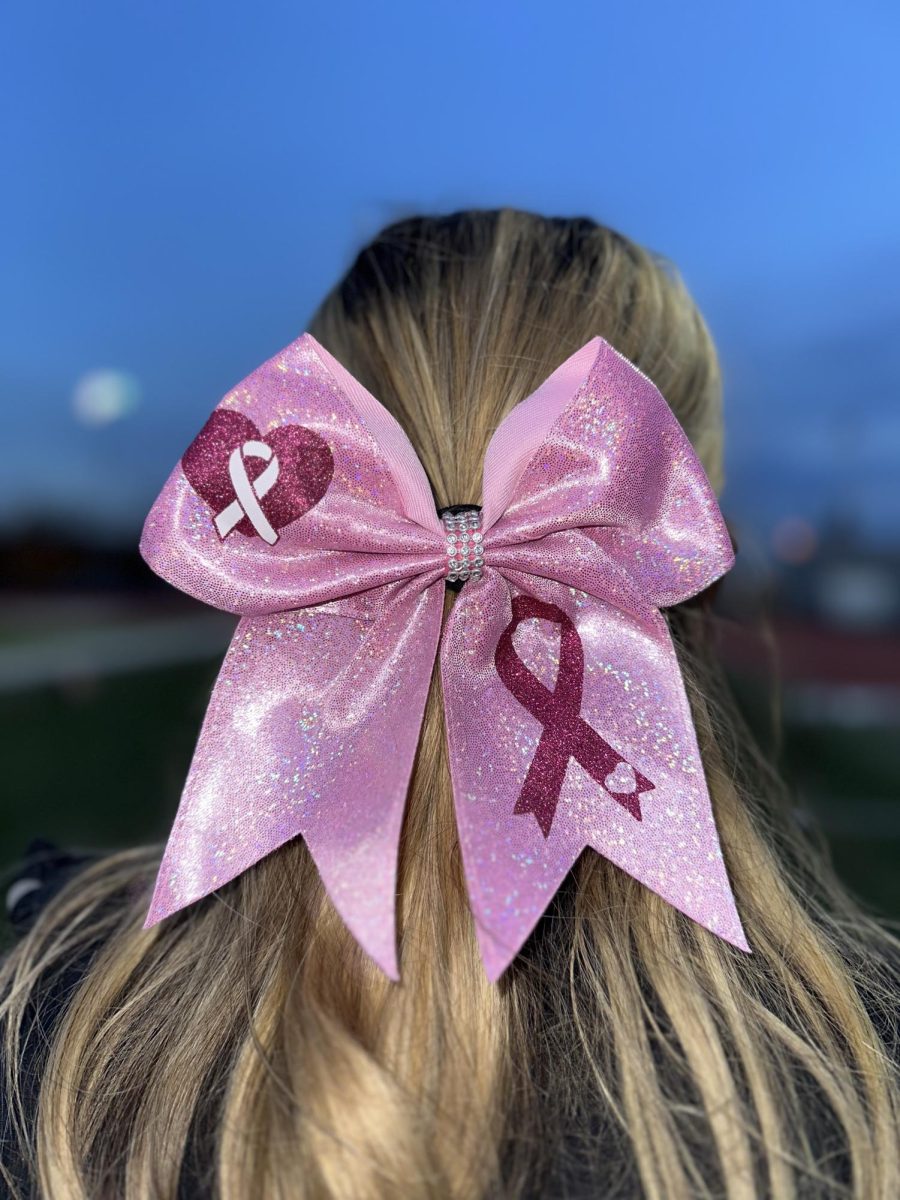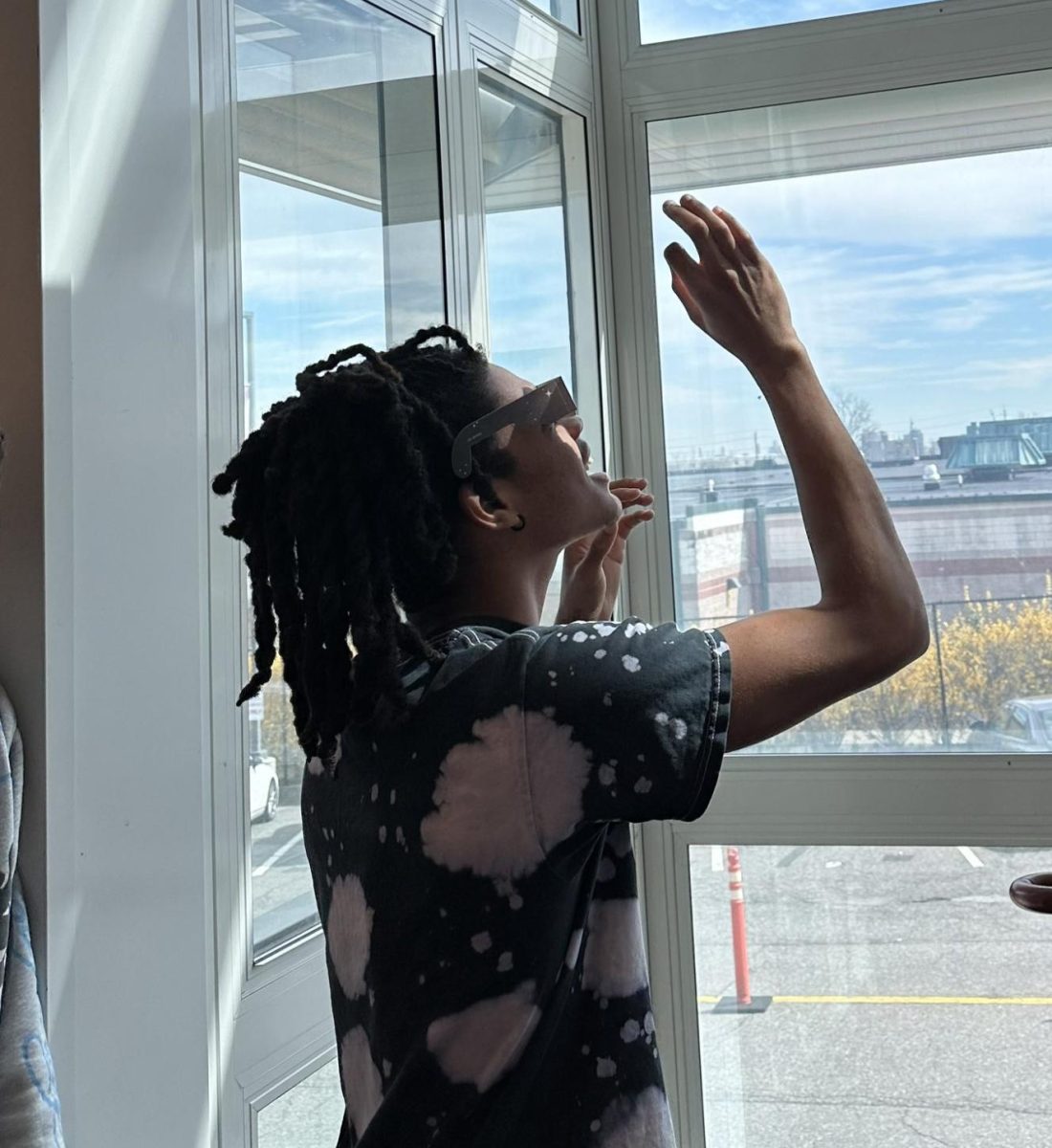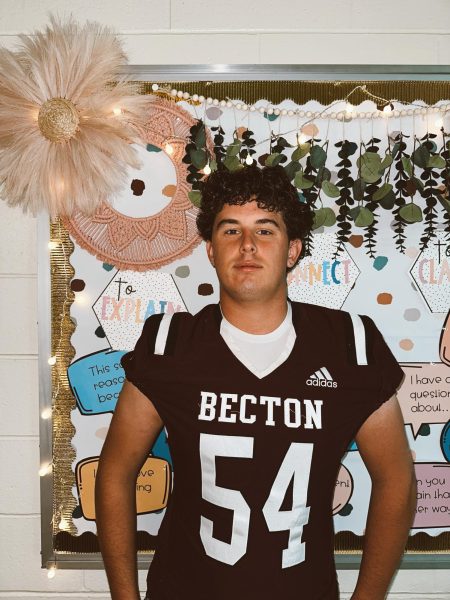The end of many high school careers for plenty of seniors will soon be upon us, but so is the start of an even better journey— college. Applying to college takes a great deal of time and many seniors spend most of their junior and senior years searching for the perfect college fit and waiting for universities to respond. When your hard work finally pays off, you receive that letter of acceptance and you are on your way to fulfill your dreams!
The college application process is a lengthy task consisting of finding the school that best suits you. Going into this, there are 5 main components: the actual application, the college essay, the SAT or ACT, a letter of recommendation and transcripts. Becton’s guidance counselor, Ms. Ronee Cozza, went into more detail about the process, “You need to know yourself, know your career, and know your major.” Information like this is crucial to getting into college because if you are at the age of 17, or even 18, you may not know what you want to study, or do, heading into your future. Although being undecided is perfectly normal and often has many benefits, having a major that suits you allows you to be more comfortable going forward and creates a guideline for your future career and other important life choices.
However, for students who need guidance in the infinite world of majors: Go over some basics. A major in college is the main career field that the student will specialize in. The courses required will most likely take up the majority of your schedule. A minor is a secondary career choice which you may choose to fall back onto. There are certain degrees in which a minor is required, and others where it is not.
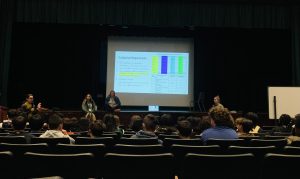
There are a few types of majors to research – a college student can pursue their Associate Degree, Bachelor’s Degree, Master’s Degree, or they can pursue a Joint Degree where a bachelor and professional degree are combined in order to shorten college time. An Associate’s Degree is a two-year program, a Bachelor’s Degree is a four-five year program, a Master’s Degree is pursued after completing a Bachelor’s Degree and studying for about another two years depending on the program, and a Joint Degree can vary with the amount of time it takes. It will depend on what you decide to pursue!
When going about choosing a major, as Ms. Cozza said, it is important to know yourself. There are a number of quizzes online anyone can take, or if you would like a more manual approach, start by writing down 10 things you know you love and enjoy doing. This can range from something mundane such as writing stories all the way to skydiving. Then, access your strengths and weaknesses. If you are daring, you can use this as an opportunity to conquer your weaknesses by choosing certain courses for your minor; or, you can use the list to deduce what you know you would excel in. Try researching majors that your interests lead you to. If you love sight-seeing or photography, maybe you can be a travelling photographer, or if you love writing and researching new topics, journalism may be the way to go.
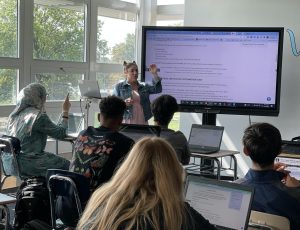
If these options do not work for you, then it is completely acceptable to enter college without knowing your major! Colleges offer a multitude of courses for students to try out as a means of finding themselves. Choose the classes that stand out to you and let them take you to your goal. It’s normal for students to decide their major around their second year after trying out a few classes that pique their interests.
There are many aspects of schools that affect a student’s thinking when looking at different campuses. “Campus culture, in and out state tuition, knowing the area outside, and financial aid,” Ms. Cozza listed when asked. Knowing the overall environment, climate, and culture of the campus will be integral to applying, which is why college visits are so important.
Becton offers many different opportunities like this for students which allows them to broaden their views on specific colleges. Ms. Cozza also mentions, “Speakers come from certain colleges to talk to students about the process and also give students the opportunity to sign up for a college visit.” Additionally, Becton offers the elective of a College and Career Readiness course that students may take. Finally, Becton offers three unexcused absences for college visits to students, making the process a little less stressful. Ms. Cozza closed with, “Students need to know who they are as people, things that challenge them, and what they are passionate about.”
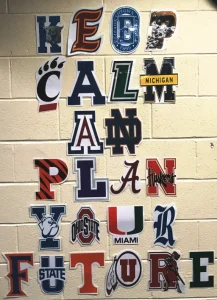
Although the process may seem daunting and become overwhelming, the experience of college, growing as a person and becoming immersed in education is one of the most rewarding experiences a young adult can have. With the right mentality and support system, such as the one here at Becton Regional, the college application process is exciting and motivating– getting students ready for the next chapter in their lives. The clock is ticking towards graduation, and so is the beginning of a new future!
For more information on the college process, visit Becton’s Guidance X Page or visit Becton’s College Readiness page on our school website: HERE.
Sources: https://blog.collegeboard.org/the-ultimate-guide-to-choosing-a-college-major


